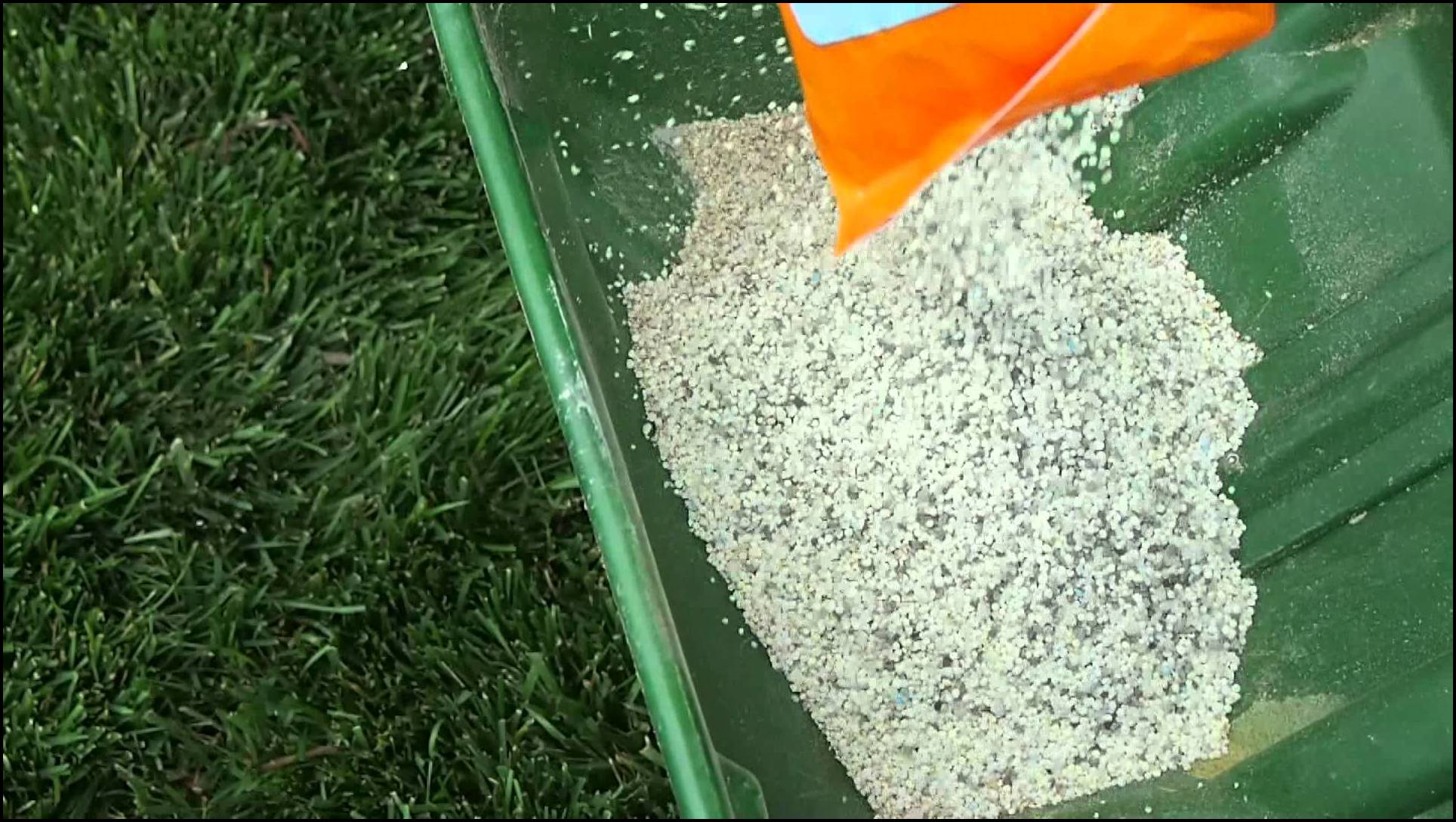When Should I Fertilize My Lawn In Colorado
Are you tired of looking at your lackluster lawn in Colorado? Are you unsure of when to fertilize your lawn to achieve that lush, green grass you dream of? Look no further, as we dive into the topic of when you should fertilize your lawn in Colorado.
Pain Points of Fertilizing Your Lawn in Colorado
Colorado's harsh climate and unpredictable weather patterns can make it a challenge to maintain a healthy lawn. With that being said, timing is everything when it comes to fertilizing your lawn in Colorado. Applying the fertilizer at the wrong time can do more harm than good, leaving your lawn vulnerable to disease and environmental stressors.
When Should You Fertilize Your Lawn in Colorado?
The best time to fertilize your lawn in Colorado is during the fall months, specifically in September and October. During this time, your lawn's roots are still actively growing and absorbing nutrients before entering a dormant state for the winter. Fertilizing during the fall will allow your lawn to store essential nutrients, leading to a healthier and greener lawn in the spring. It is also important to note that over-fertilizing can have negative effects on your lawn, so be sure to follow the recommended guidelines for your specific grass type and geographic location.
Main Points to Consider When Fertilizing Your Lawn in Colorado
- Fertilize your lawn in the fall, specifically September and October
- Follow the recommended guidelines for your specific grass type and location
- Over-fertilizing can have negative effects on your lawn
Personal Experience with Fertilizing My Lawn in Colorado
As a Colorado homeowner, I struggled with maintaining a green lawn for years until I learned the importance of proper fertilization. I used to fertilize my lawn in the spring, thinking it was the best time to promote growth. However, I soon learned that this approach only led to a patchy, unhealthy lawn. Once I began fertilizing my lawn in the fall months, my lawn transformed into the envy of my neighborhood. I highly recommend fertilizing during this time to achieve a healthy and vibrant lawn.
Tips for Fertilizing Your Lawn in Colorado
Aside from fertilizing in the fall, there are a few tips to keep in mind when it comes to fertilizing your lawn in Colorado. Ensure that your lawn is properly watered and not experiencing drought conditions. It is also recommended to aerate your lawn before fertilizing to loosen the soil and allow for better absorption of nutrients. Finally, be sure to use a good-quality fertilizer with a balance of nitrogen, phosphorus, and potassium for optimal results.
Types of Fertilizers for Colorado Lawns
When selecting a fertilizer for your lawn in Colorado, consider the composition of the product. Organic fertilizers, such as those made from animal byproducts or compost, are safer for the environment and can provide long-lasting results. Alternatively, chemical fertilizers can provide quicker results but can have negative impacts on the environment and your lawn if overused. Be sure to read the labels and use these products as directed.
When to Avoid Fertilizing Your Lawn in Colorado
While fertilizing your lawn is essential for its overall health, there are times when you should avoid applying fertilizer. Avoid fertilizing during drought conditions or when temperatures exceed 90 degrees. Applying fertilizer during these times can cause stress to your lawn and lead to permanent damage.
Question and Answer
1. Can you fertilize your lawn during the summer months in Colorado?
No, it is not recommended to fertilize your lawn during the summer months in Colorado. High temperatures and drought conditions can cause stress to your lawn and make it difficult for the grass to absorb nutrients.
2. Is it necessary to hire a professional to fertilize your lawn in Colorado?
While it is not necessary to hire a professional, they can provide guidance and expertise when it comes to fertilizing your lawn in Colorado. They can also recommend specific fertilizers and application methods based on your lawn's specific needs and location.
3. Can over-fertilization harm your lawn?
Yes, over-fertilization can harm your lawn and lead to negative effects such as burned grass and increased susceptibility to disease and environmental stressors.
4. Is it necessary to follow specific guidelines when fertilizing your lawn?
Yes, it is important to follow specific guidelines when fertilizing your lawn to avoid negative effects and promote optimal growth. These guidelines typically vary based on your specific grass type and geographic location.
Conclusion
Fertilizing your lawn in Colorado can be a challenge, but by following these tips and guidelines, you can achieve a healthy and vibrant lawn. Remember to fertilize in the fall, use a good-quality fertilizer, and avoid over-fertilization for the best results. With these strategies in mind, you'll be on your way to a beautiful and lush lawn that you can be proud of.
Gallery
How Often Should I Fertilize My Lawn For The Best Outcome?

Photo Credit by: bing.com /
Should I Fertilize My Lawn In The Winter | Quick Guide?

Photo Credit by: bing.com /
Should I Fertilize The Lawn Before Or After It Rains? | Chantilly, VA Patch

Photo Credit by: bing.com / fertilize rains chantilly
How Often Should I Fertilize My Lawn In Colorado - LoveMyLawn.net

Photo Credit by: bing.com /
When Should You Fertilize Your Lawn In Colorado? Fertilizing Your Lawn

Photo Credit by: bing.com / fertilize